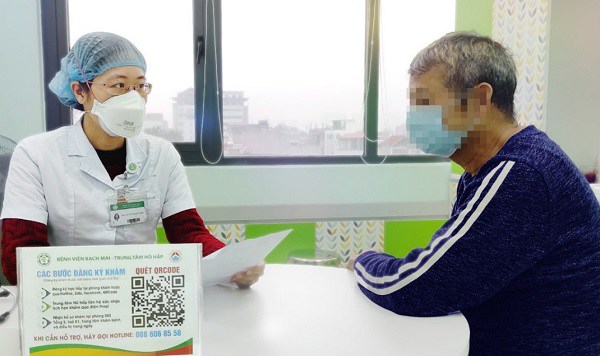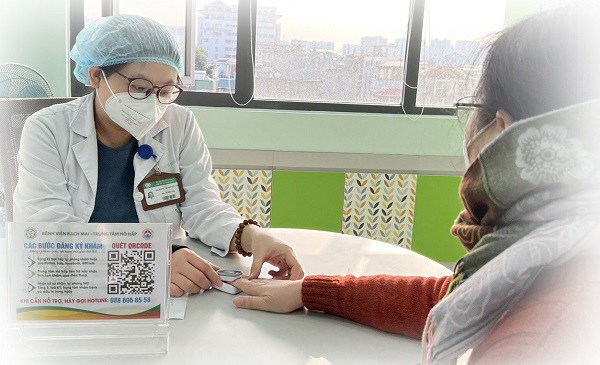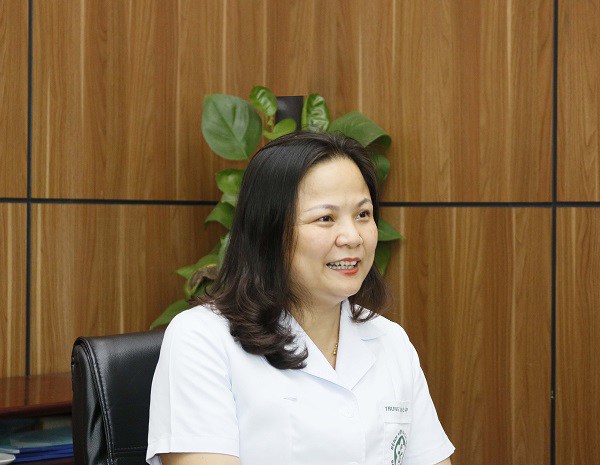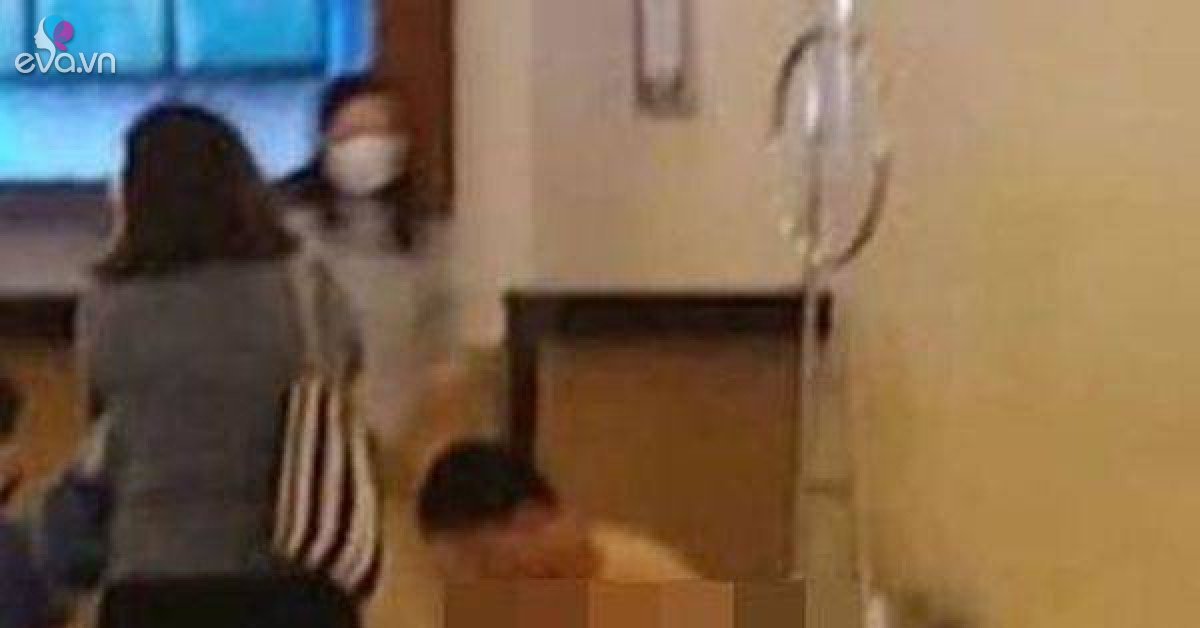After COVID-19 knocks young people out, experts point to 3 things to remember to prevent
3 March 2022 19:00 (GMT+7)
Vaccination status in Vietnam
See more COVID-19 vaccine data >
Source: COVID-19 Immunization Portal – Updated at 00:00 March 14, 2022
Number of injections nationally
Infected COVID-19 soft, recovering from illness, shortness of breath, difficulty breathing
According to the statistics and announcements of the Ministry of Health, since the Chinese New Year until now number of COVID-19 cases Currently, the number of cases announced in the country is more than 100,000 cases/day. Although the number of cases is increasing, but because of vaccination, the number of severe cases is also significantly reduced, most of the cases are treated at home.
It is worth mentioning, after recovering from their illness, many patients after recovering from COVID-19 still have symptoms that last for several weeks, there are even cases of severe sequelae.
Associate Professor TS.BS Phan Thu Phuong – Director of Respiratory Center, Bach Mai Hospital, said that the general symptoms after COVID-19 infection manifests in many organs, where common respiratory symptoms occur vary.

A doctor from the Respiratory Center, Bach Mai Hospital advises patients who come to the clinic after contracting COVID-19.
There are even cases of COVID-19 whose symptoms are very mild, but after being negative the symptoms get worse. Usually the case of Mr. NHA (36 years old, in Hanoi) was infected with COVID-19 from January 12, 2022 and confirmed to be cured on January 21, 2022.
During the acute phase of the COVID-19 infection, Pak H only experienced mild symptoms of a cold and body aches. After recovering from his illness for almost a month, he appeared short of breath when speaking in long sentences and had difficulty breathing when walking fast.
Visiting the Respiratory Clinic of Bach Mai Hospital through an examination and scan, Mr H was diagnosed with an interstitial lung injury, possibly related to COVID-19 with limited ventilation. In addition to being prescribed medication, he was ordered by doctors to practice breathing and exercise to restore respiratory function and physical strength.
Associate Professor Phuong said that young people who had no symptoms when infected could still have post-COVID-19 syndrome. Therefore, careful monitoring of your own abnormal expression is necessary, not subjective. Especially respiratory symptoms.
Manifestations vary from respiratory to neurological, even mental
According to Associate Professor Phan Thu Phuong, “long-term COVID-19 syndrome” or “post-COVID-19 syndrome” manifests in a variety of ways and can experience symptoms in multiple organs. In addition to respiratory symptoms such as prolonged dry cough, cough with phlegm, sore throat, shortness of breath, shortness of breath, chest pain…, the patient may have gastrointestinal symptoms including nausea, vomiting, epigastric pain, indigestion.
In addition, there are mental health symptoms that may include prolonged fatigue, sleep disturbances, insomnia, anxiety, decreased concentration, and emotional disturbances. Some neurological manifestations are also very common including headache, dizziness, loss of taste, loss of smell, memory loss (brain fog)…

After COVID-19 strikes even young people, everyone can’t be subjective at all.
“Abnormal symptom clusters by specialty need to be examined and evaluated for severity, and at the same time it is necessary to rule out other causes of disease before concluding a post-COVID syndrome,” Associate Professor Phuong said.
Associate Professor Phuong added that patients at high risk for post-COVID-19 syndrome include:
– People over 60 years old, with underlying medical conditions such as: hypertension, diabetes, chronic obstructive pulmonary disease, asthma, chronic kidney disease, chronic liver disease, chronic blood disease, cancer, immune disorders…
– Patients with indications for oxygen therapy at home, especially the group of seriously ill patients who require ventilator assistance during COVID-19 infection.
– People who have not had sufficient base doses of the COVID-19 vaccine.

Assoc. Phuong suggests 3 things to prevent post-COVID-19 related problems.
Three things to remember for post-COVID-19 prevention
To prevent post-COVID-19 sequelae, Associate Professor Phan Thu Phuong recommends:
The first and foremost thing is to get vaccinated to prevent infection.
Second, when infection becomes F0 unfortunately, patients must comply with local medical statements to be managed and stratified by grade from asymptomatic to mild, moderate and severe.
In particular, patients should monitor their health if they detect any of the signs such as shortness of breath, shortness of breath, or in children with signs of abnormal breathing, such as:
– Wheezing, chest indrawing, nose flapping, wheezing, wheezing;
– The respiratory rate in adults is 20 times/minute;
– SpO2 96%; tachycardia > 120 beats/minute or <50 beats/minute;
– Low blood pressure: systolic blood pressure < 90 mmHg, diastolic blood pressure < 60 mmHg (if possible);
– Frequent chest pain, tightness in the chest, pain that increases when taking a deep breath; altered consciousness: confusion, narcolepsy, lethargy, very tired/tired…
If you experience the symptoms above, it is necessary to immediately notify the facility that handles COVID-19 sufferers at home; commune and environmental health stations; or mobile medical stations, emergency transportation hubs… for emergency treatment and timely hospital transfers.
Third, when there is a health abnormality after being infected with COVID-19, the patient should go to a medical facility for examination or contact the medical staff for advice and support, to detect early symptoms of sequelae, complications, acquired diseases for timely and effective treatment.
You are reading the article After COVID-19 knocks young people out, experts point to 3 things to remember to prevent
at Blogtuan.info – Source: Eva.vn – Read the original article here


